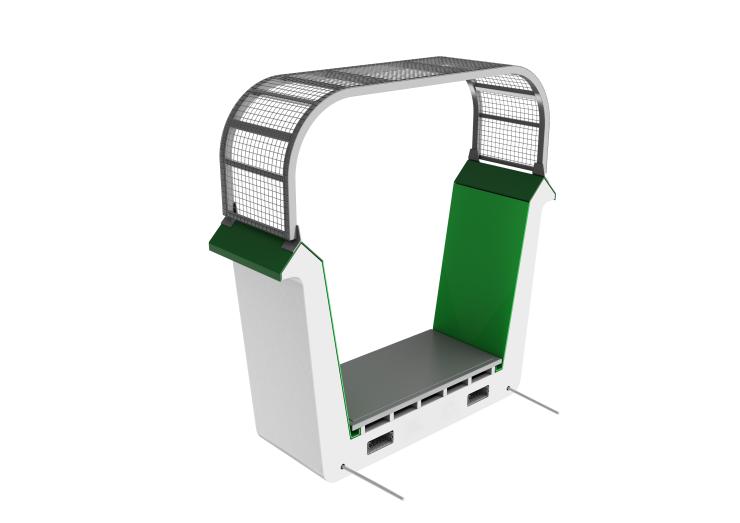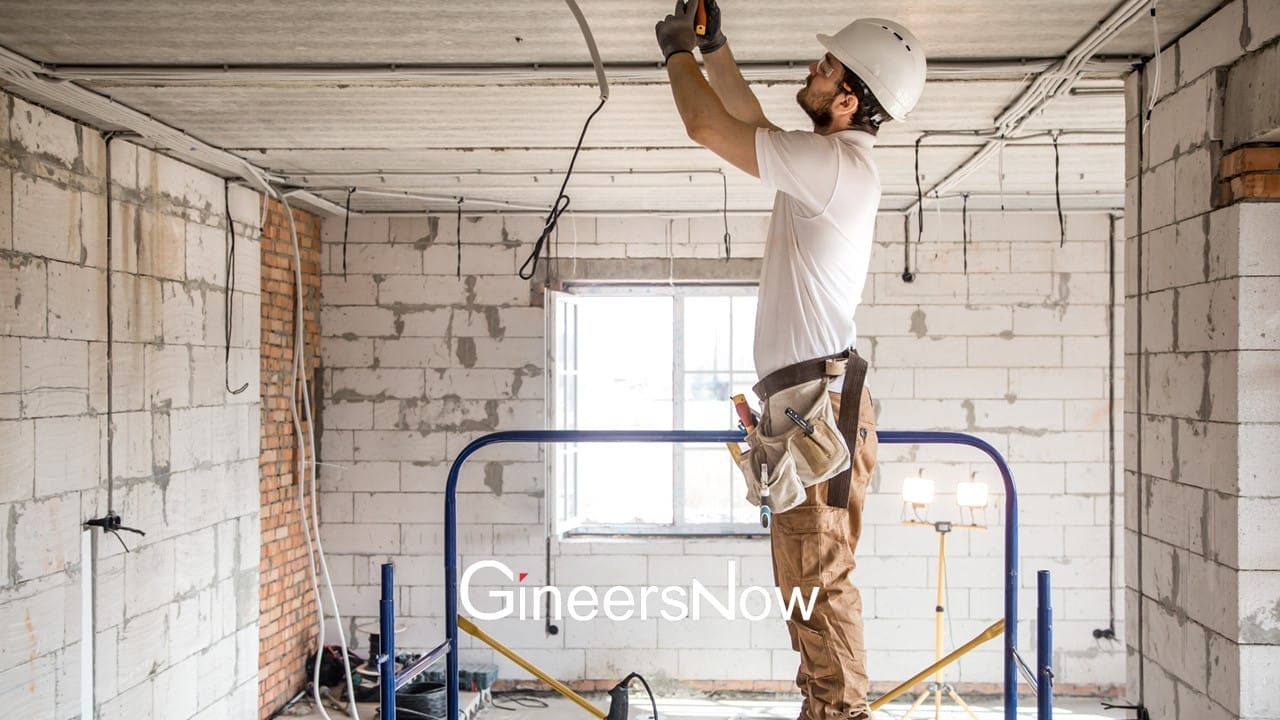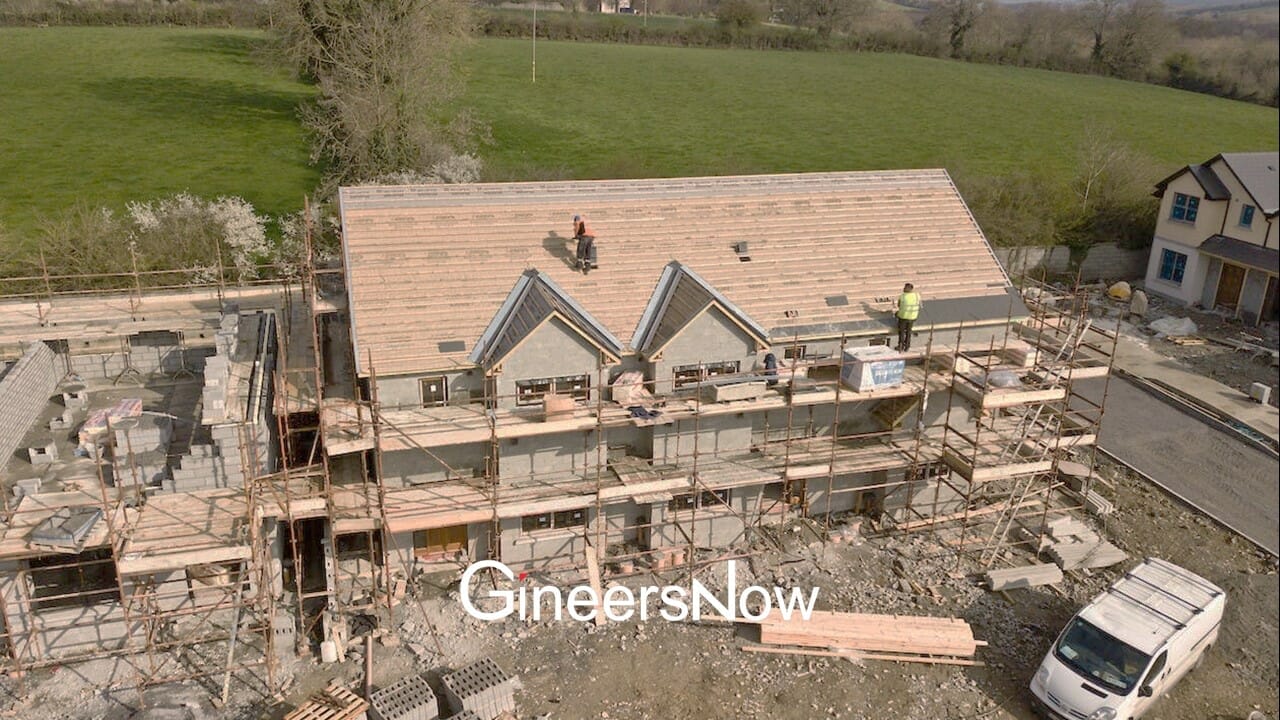Engineers and architects have been dealing with bridges as far back as their first year in college, and with today’s world of standardized structures and buildings, we think we’ve seen all the possible structures that bridges can be built into and all the materials required for their construction. But UK companies Mabey and Arup have brought a game changer to bridge construction, and have built the first rapid assembly modular bridge made entirely out of glass fiber and polymers (the materials that are used to make plastics, clay, and epoxy).

Source: Mabey
This post-tensioned bridge was designed to be assembled in sites which are difficult to reach wherein cranes or other heavy machines can’t be used. The project was funded in part by the Rail Safety and Standards Board (RSSB) in hopes to catch the interest of the rail industry to provide a safer alternative to level crossings where traditional pedestrian bridges can’t be installed.
The very first model of the bridge was installed at a Site of Special Scientific Interest for Network Rail in Oxford. Since the bridge was made out of polymers, it was very light and only took a semi-trailer truck to transport. It was then assembled on site and lifted from a distance.

Source: Mabey
Arup designed the concept of the bridge whilst Mabey took care for its production, and now they’re planning to launch the bridge commercially at “Bridges 2017”, under the brand name “Pedesta”. Pedesta is pre-engineered, modular, and fully customizable. It features identical 1-meter modules which are connected together with bolted shear connectors and then post-tensioned. The bridge could go as long as 30 meters, making it very adaptable to any environment or location. It’s 70% lighter than steel, so it could easily be transported, carried, and lifted by a pallet truck or a forklift, making delivery faster, safer, and more efficient. Also, the material is resistant to fire, graffiti, most forms of vandalism, and UV radiation, making it ideal for places with harsh weather.

Source: London Reconnections
“We are focused on engineering solutions to make bridges more resilient and simpler to construct,” says Rebecca Stewart, Associate at Arup. “This modular bridge is quick and easy to install, minimises disruption to the surrounding communities and significantly reduces ongoing maintenance costs. We can see this bridge being useful for a whole host of global applications – from rail footbridges to road and river spans. It is great to have Mabey lead the way and become our first licensed partner.”
“There is always room for innovation in bridging, and we pride ourselves on pushing boundaries with new materials so we can safely build longer-lasting structures even faster,” Michael Treacy, CEO of Mabey Bridge adds. “What we have developed from Arup’s concept will change the game for our customers who tell us cost and ease-of-use come first. This is a significant step in our ongoing mission to lead the future of modular bridging and we look forward to seeing the game-changing Pedesta make its UK debut.
Article Sources:















